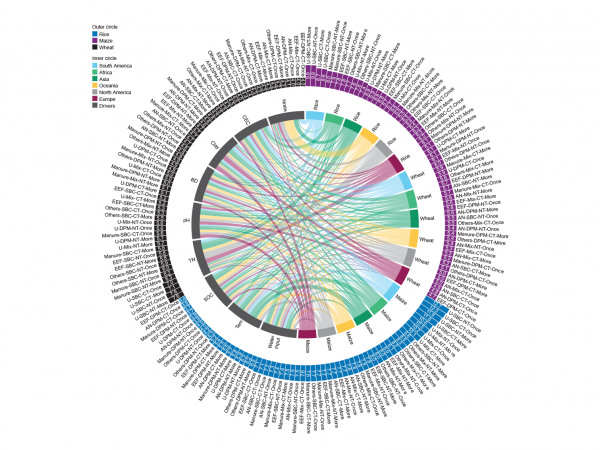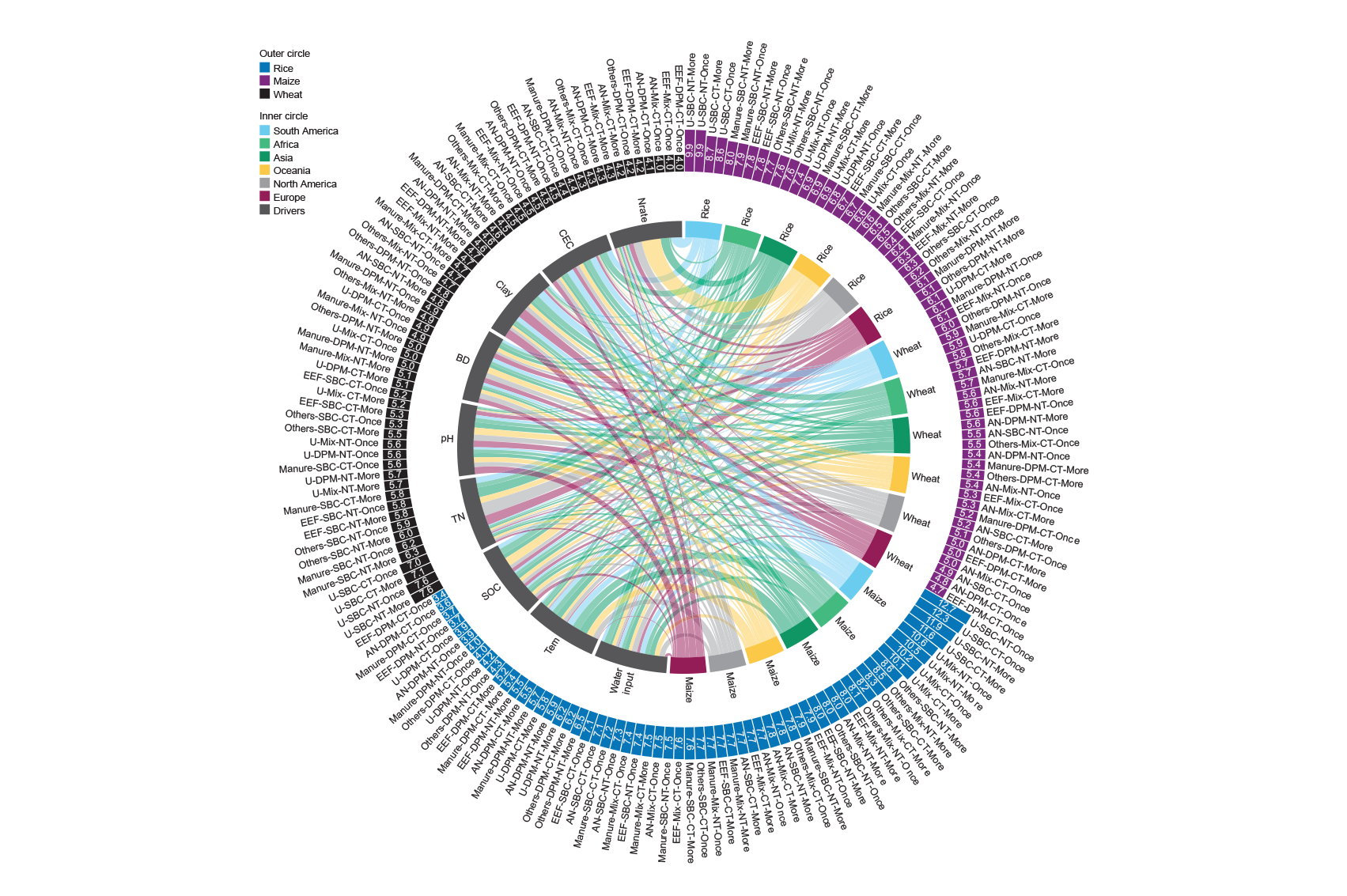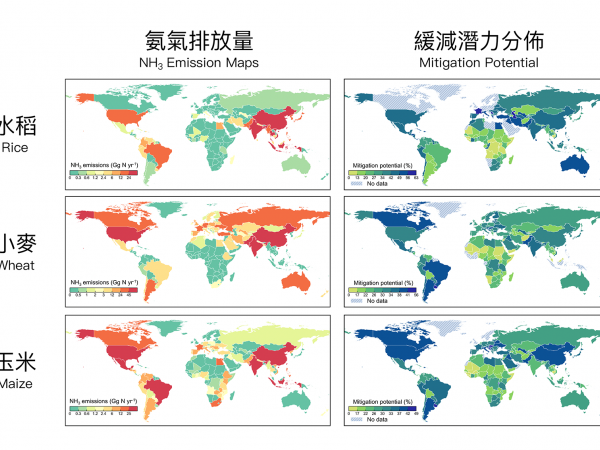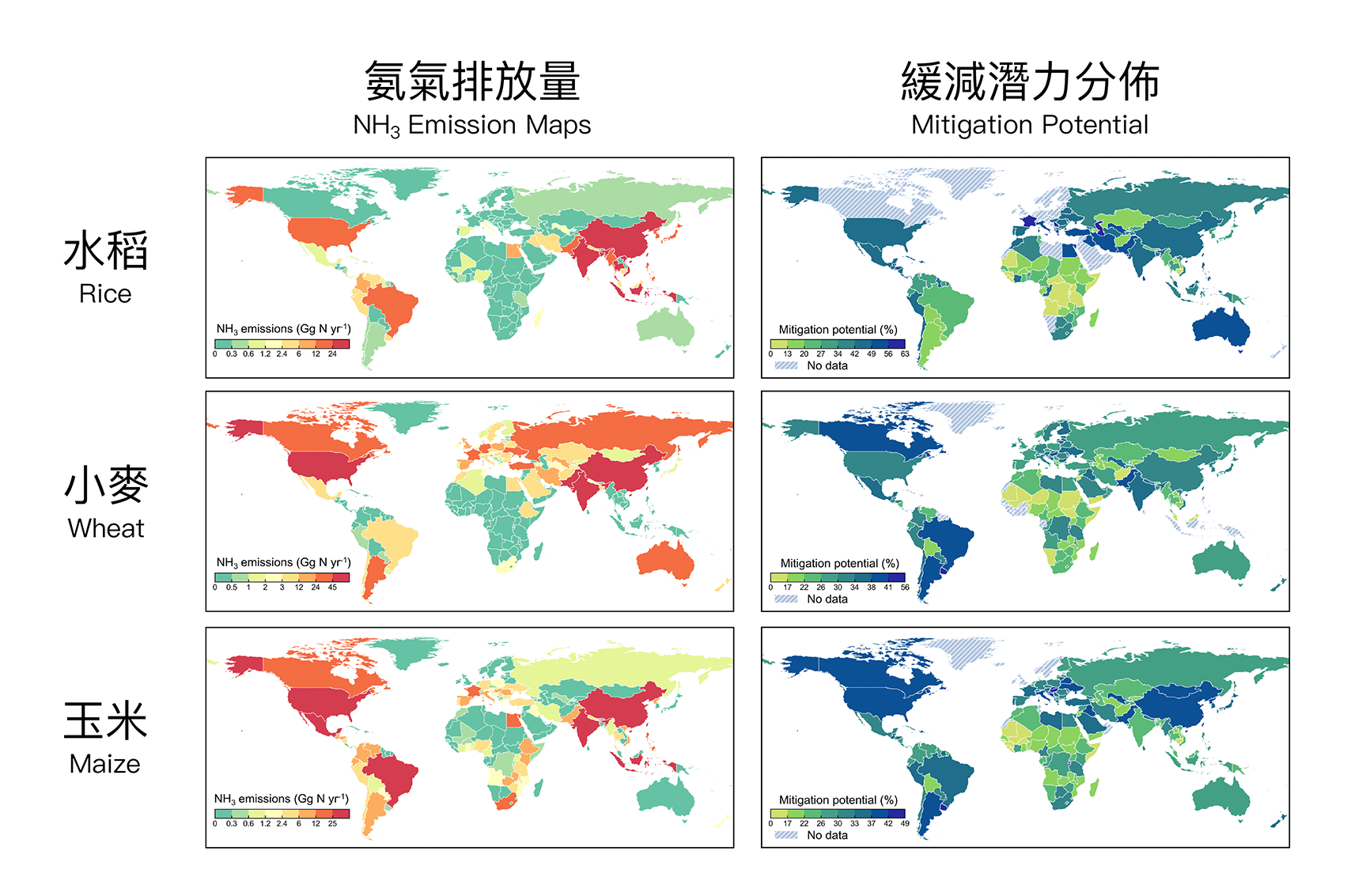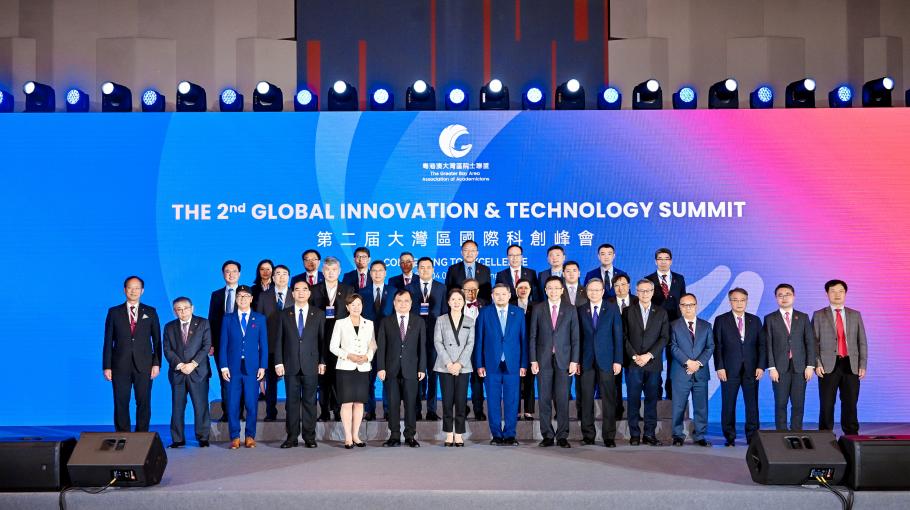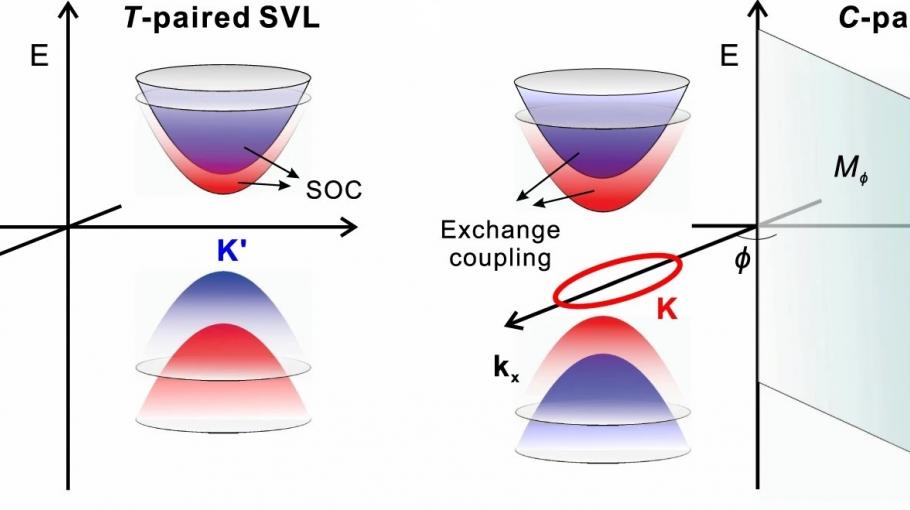An international research team led by the Hong Kong University of Science and Technology (HKUST) has achieved a significant breakthrough by developing an artificial intelligence (AI) model that can help mitigate global ammonia (NH3) emission from agriculture.
Harnessing the power of machine learning, this groundbreaking study not only revealed that global NH3 emissions from cropland are lower than previously estimated, but also demonstrated how optimizing fertilizer management can effectively reduce emissions by approximately 38%, without compromising the overall use of nitrogen fertilizers. It provides valuable insights for policymakers worldwide to address the United Nations' Sustainable Development Goals related to poverty eradication, food security, and sustainable agriculture.
The release of NH3 from various agricultural and industrial processes could cause air and water pollution, damaging the ecosystem and posing threats to human health. While NH3 itself is not a greenhouse gas, it can react in the soil and atmosphere, forming compounds like nitrous oxide, a potent greenhouse gas that contributes to climate change.
Notably, the production of three major crops – rice, wheat and maize – account for more than half of the global cropland NH3 emission. As the demand for food increases amid the world's population growth, it has become crucial to discover ways of reducing these emissions for sustainable development. However, the lack of accurate global-scale information makes it challenging for countries to implement effective emission reduction strategies tailored to their specific conditions.
To address this challenge, a research team led by Prof. Jimmy FUNG Chi-Hung, Chair Professor of HKUST’s Division of Environment and Sustainability in the Academy of Interdisciplinary Studies and Department of Mathematics, and Prof. ZHENG Yi from the School of Environmental Science and Engineering at the Southern University of Science and Technology (SUSTech), collected and compiled a dataset based on field observation data of NH3 emission rates spanning between 1985 and 2022.
They subsequently trained an AI-powered computer model to estimate global NH3 emissions using the dataset while considering various geographical factors such as climate, soil characteristics, crop types, irrigation water, fertilizer, and tillage practices. This model is capable of generating customized fertilizer management plans for different regions. For instance, in Asia, around 76% of wheat land is suitable for using enhanced-efficiency fertilizers (EEFs) to reduce NH3 emissions due to the influence of global warming, as temperature plays a pivotal role in NH3 emission from wheat land in Asia.
The AI model discovered that by optimizing fertilizer management, including adjusting the timing of fertilization, utilizing a specific blend of nutrients, and implementing suitable planting and tillage practices, it is possible to reduce global NH3 emissions from the three crops by up to 38%, with Asia having the highest NH3 reduction potential, followed by North America and Europe. This finding holds particular significance as this work has projected a 4.0% to 5.5% increase in global NH3 emissions from cropland over the 30-year period until 2060. Therefore, even achieving a fraction of this potential reduction would suffice to offset the projected increase.
Prof. Jimmy Fung said, "Global efforts to reduce emissions currently face significant obstacles, such as high costs and small farm sizes. The findings illustrate a global map with up-to-date data on global NH3 emissions, which can inform policymaking and management practices aimed at reducing haze and ensuring food security. This underscores the tremendous potential of utilizing big data and AI in promoting sustainable development."
The study, entitled “Fertilizer management for global ammonia emission reduction”, has been published in Nature, a leading multidisciplinary science journal. The research’s co-first authors included Mr. LI Geng, PhD student from HKUST and Dr. XU Peng, Research Assistant Professor from SUSTech. The research team comprised members from Tianjin University, Colorado State University, Peking University, Peking University Shenzhen Graduate School, Oak Ridge National Laboratory, Beijing Forestry University, and Cornell University.
About The Hong Kong University of Science and Technology
The Hong Kong University of Science and Technology (HKUST) (https://hkust.edu.hk/) is a world-class research intensive university that focuses on science, engineering and business as well as humanities and social science. HKUST offers an international campus, and a holistic and interdisciplinary pedagogy to nurture well-rounded graduates with global vision, a strong entrepreneurial spirit and innovative thinking. Over 80% of our research work were rated “Internationally excellent” or “world leading” in the Research Assessment Exercise 2020 of Hong Kong’s University Grants Committee. We were ranked 2nd in Times Higher Education’s Young University Rankings 2023, and our graduates were ranked 29th worldwide and among the best from universities from Asia in Global Employability University Ranking 2023. As of September 2023, HKUST members have founded 1,747 active start-ups, including 9 Unicorns and 13 exits (IPO or M&A), generating economic impact worth over HK$ 400 billion. InvestHK cited QS World University Rankings by Subject 2021 to demonstrate the performance of five world’s top 100 local universities in several innovation-centric areas, among which HKUST ranked top in four engineering and materials science subjects.
For media enquiries, please contact:
Anita Lam
Tel: 2358 6313
Email: anitalam@ust.hk
Gloria Tang
Tel: 2358 6306
Email: gloriatang@ust.hk


